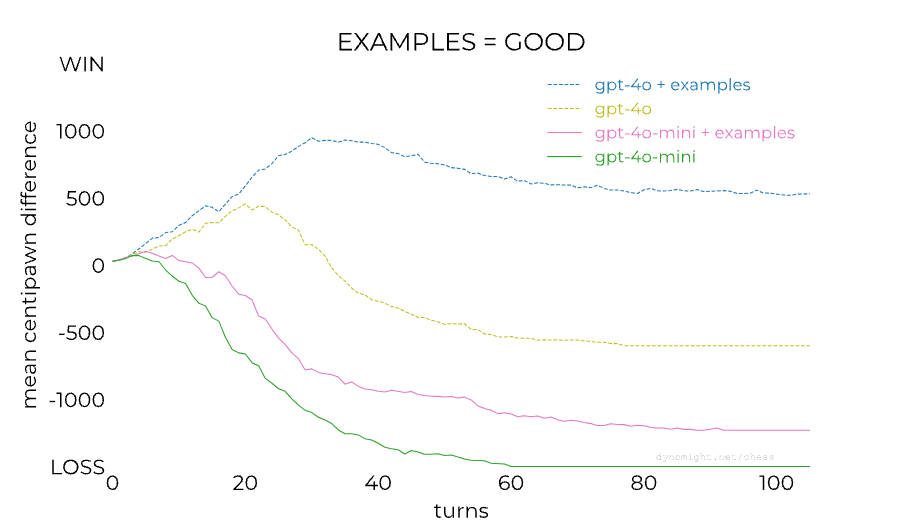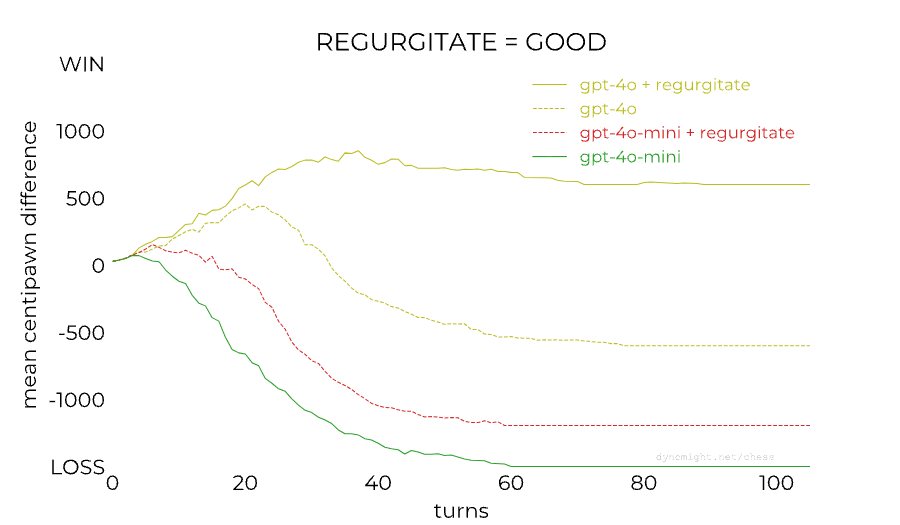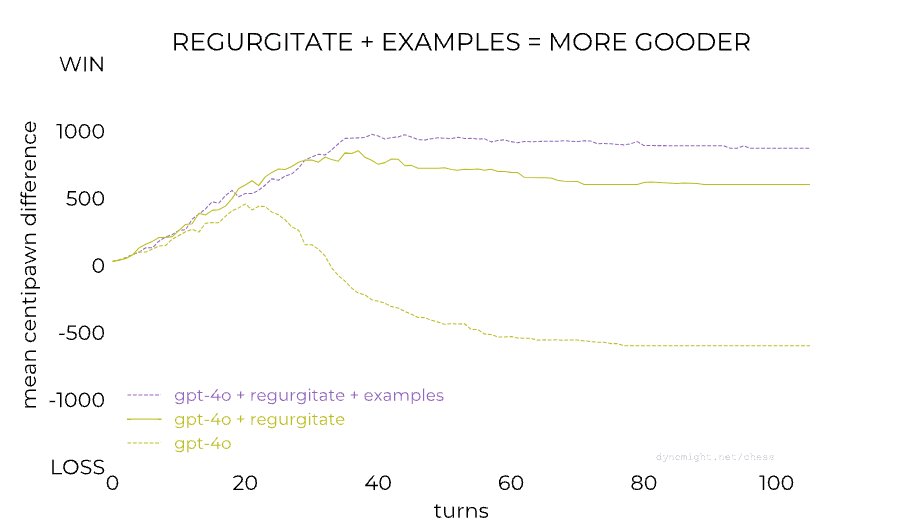From https://arxiv.org/pdf/1712.03079
Suppose some future technology enables the same consciously experienced human life to be repeated, identically or nearly so, N times, in series or in parallel. Is this roughly N times as valuable as enabling the same life once, because each life has value and values are additive? Or is it of roughly equal value as enabling the life once, because only one life is enabled, albeit in a physically unusual way? Does it matter whether the lives are contemporaneous or successive? We argue that these questions highlight a hitherto neglected facet of population ethics that may become relevant in the not necessarily far distant future.
[...]
... (read more)the intuition behind replication futility is that,
Have you reached out to https://tlon.team/ ? (I assume you did, just checking)
pokemon is a simple, railroady enough game that RNG can beat the game given enough time (and this has been done)
This is not true. It would take an absurd amount of time
I think it's because 10+5 is very different from 60+30
For context, average US electricity consumption in 2022 was ~500GW. So these would be ~1% of all US electricity consumption (as an order of magnitude)
A grandmaster just lost a classical game (60''+30'') against Leela Knight Odds https://lichess.org/broadcast/leela-knight-odds-vs-gm-joel-benjamin/game-5/MbKHEbdb/7Tnz8uBj
3 days ago an international master gave Leela "very slim chances" of winning a game, based on the results of a match played by a previous version of the engine

Conversely, if you don't see any success after 3n attempts you have a 95% confidence interval that 0 < p < 1/n (unless you have a strong prior)
https://en.wikipedia.org/wiki/Rule_of_three_(statistics)
Known as Rule of 72
hasrussialaunchednukes.com used to be a website "to help [the author] and a few of [their] friends get notified when Russia launches any nukes towards Ukraine, which would be a sign for many of us to leave the big cities we live in, and chill in the countryside for a few weeks." It used prediction markets for 2022, so it stopped working in 2023.
Some people asked me to make a version for 2023, so here it is at https://recursing.github.io/nukes.[1]
I manually curate the list of phone numbers, a bunch of which were sent to me by one of the people requesting this, you can ask for your number to be added using any of... (read more)



Did Vassar agree that you won the bet?